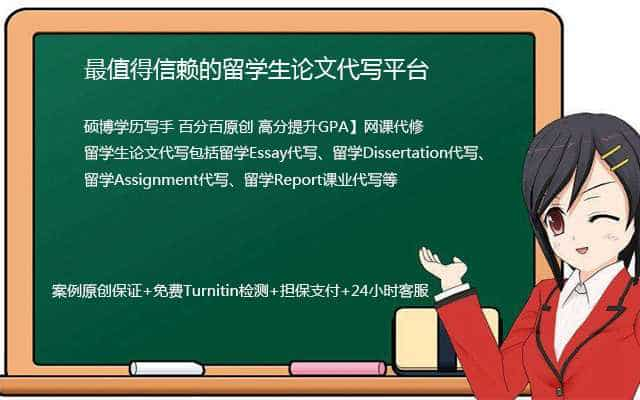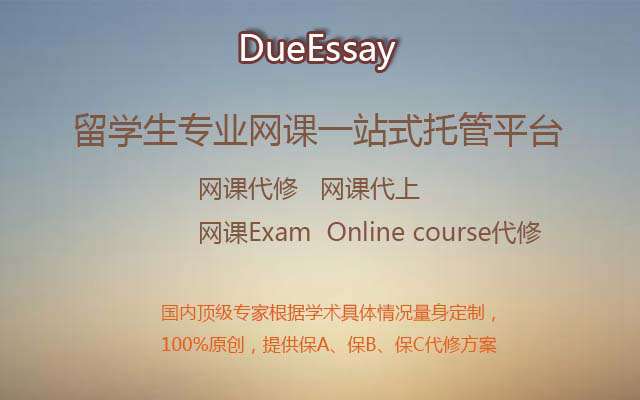人力资源管理学代写_人力资源
发布时间:2020-12-11
英国人力资源管理代写, HRM论文代写,mingxinwrite靠谱英国代写, 为您提供高质量商科代写服务, 关于论文格式, 论文写作技巧,
Comparative Advantage and Job-HuntingThe concept of comparative advantage is not iust an abstraction. Nor is it applicable only to entire national economies. A job-hunter would do well to recognize his or her personal comparative advantages and use this recognition both to choose the best jobs to apply for and to stand out among other job-seekers. The savvy person looking for a job will look at the galaxyof emplovment possibilities through the lens oglobal economics.Perhaps the clearest focus provided b comparative advantage theory is on the phenomenon of opportunity cost (0C), If a jobhunter spends time applying for jobs that do not suit him or her very well, an OC is incurred. He or she cannot spend that time applying for more appropriate positions. The costs might not be measured in money (unless you assign a certain dollar value to an applicant's time) but could be quantified in terms of some other unit you might invent to measure success or satisfaction, some sort of "fruitfulness factor." Potential employment that has a high fruitfulness factor, that is, a strong, chance of being offered to a candidate anda strong chance of being accepted, is far betterfor a iob-seeker to pursue than emplovment with a low fruitfulness factor, Such a job would be unlikely to be offered or unlikely to be accepted.or both. So a candidate would incur higher ocby spending time applying for low-fruitfulness positions rather than jobs that are better suited to hin or herOf course, in calling a positign "better suited" and assigning a fruitfulness factor, we have to consider a number of attributes, most of which are only indirectly about

money. Some relate to the likelihood that an offer will be made, Others.relate to the likelibood that an offer will he accepted. The job-seeker's skills and experience are the main criteria for appropriateness to the stated requirements of the job-a given levellof education onTIPtraining, an ability.to do certainWriting words down helipstasks, prior workyou remember therm. Create vocabulary flashcards (usinin the field, and soindex cards, an online fashoaon. The candidategenerator, or an apl or cret a vocabulary study list.presents suchualifications, and in return the prospective.employer assigns a certain salary to the position plus a package of other money-related benefits such as health insurance). But other factors also figure into the calculus, such as location, corporate culture, the character of one's fellow workers, and innumerable other features of the ob. Without such nonmonetary enticements, the position's fruitfulness factor would decrease, and the OC of applying for it would increase.The lessons of comparative advantage theory extend beyond the realm of the job search. There is also the matter of the worker's own comparative advantages in terms of skills. a calculus that looks very much like what economists do in figuringa nation's comparative advantage. Imagine someone looking for web-development work in a job market where many applicants are competing for every available position. Qur web developeris good at coding in Java and C+t, and she haswo vears of web-development experience. Not bad, but nearly every other job-seeker in thatfield can say the same. It is best for her to avoid competing for iobs based on those skills alone even though she may feel that she's better thar most competitors. By analyzing her comparative advantages rather than absolute skills, she might recognize that she has other, less common talents she wants to leverage, something like proficiency in Spanish or a sophisticated knowledge of film production. If there are employers that valuethose characteristics--and if there are, she is quite likely to enjoy working there-she stands above the crowd.








